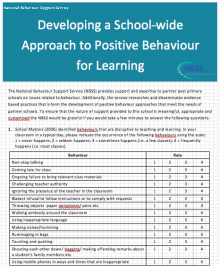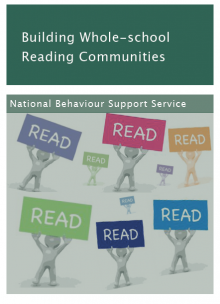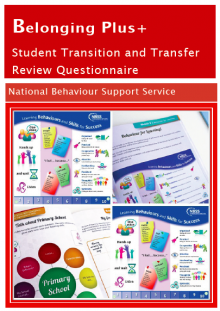The National Behaviour Support Service offers three levels of support to partner schools. he NBSS model of support draws extensively from Positive Behavioural Interventions and Supports (Sugai & Horner, 2002), Response to Intervention (Fuchs & Fuchs, 2006) and the Comprehensive, Integrated, Three-Tiered Model of Prevention (Lane, Kalberg, & Menzies, 2009) frameworks. The integration of these frameworks offers opportunities to address the behavioural needs as well as the social, emotional and academic needs of students effectively, with interventions at different levels of intensity and support. This problem-solving model is founded on international best practice (Bonhanon, et al., 2006; Carr et al., 2002; Ehren, Deshler & Graner, 2010; Hawken & Horner, 2000; Lewis & Sugai, 1999; McPeak, et al., 2007; National High School Centre, 2010).
'CI3T models are data-informed, graduated systems of support constructed to address academic, behavioural, and social domains, with an overarching goal of supporting all learners in inclusive environments by maximizing available expertise through professional collaborations among school personnel' (Lane, Kalberg, & Menzies, 2009).
'RtI…integrates assessment and intervention within a multi-level prevention system to maximize student achievement and to reduce behavioral problems. With RtI, schools use data to identify students at risk for poor learning outcomes, monitor student progress, provide evidence-based interventions and adjust the intensity and nature of those interventions depending on a student’s responsiveness, and identify students with learning disabilities or other disabilities' (National Centre on Response to Intervention 2010, p 4).
'PBIS is a proactive systems approach to establishing the behavioral supports and social culture and needed for all students in a school to achieve social, emotional, and academic success.' (www.pbis.org)
In NBSS partner schools this three-tiered approach is applied to behaviour interventions as well as interventions that address the social, emotional and academic literacy and learning needs of students. All three levels of support to NBSS partner schools are customised to the specific characteristics, needs and requirements of each partner school on an on-going basis as change occurs. NBSS interventions and support emphasis using evidence-based practices for promoting behaviour change.
To support at Level 1 a systematic, evidence-based approach to the planning and work with partner schools, the NBSS has developed an extensive quantitative and qualitative questionnaire to be completed by staff members in participating schools. The questionnaire is designed to gain staff perspectives on the persistence of specific types of low-level behaviours; patterns of low-level disruption across year groups; staff and student knowledge of rules and sanctions; opinions regarding the efficacy of sanctions; consistency of enforcement and communication within the school; as well as providing an opportunity for respondents to identify and acknowledge those strategies that are currently working for them in the classroom.
Following data analysis, reports are compiled for each school. The NBSS assists the school’s Positive Behaviour Strategy Team to interpret the findings and subsequently to plan and implement initiatives grounded in the data.



